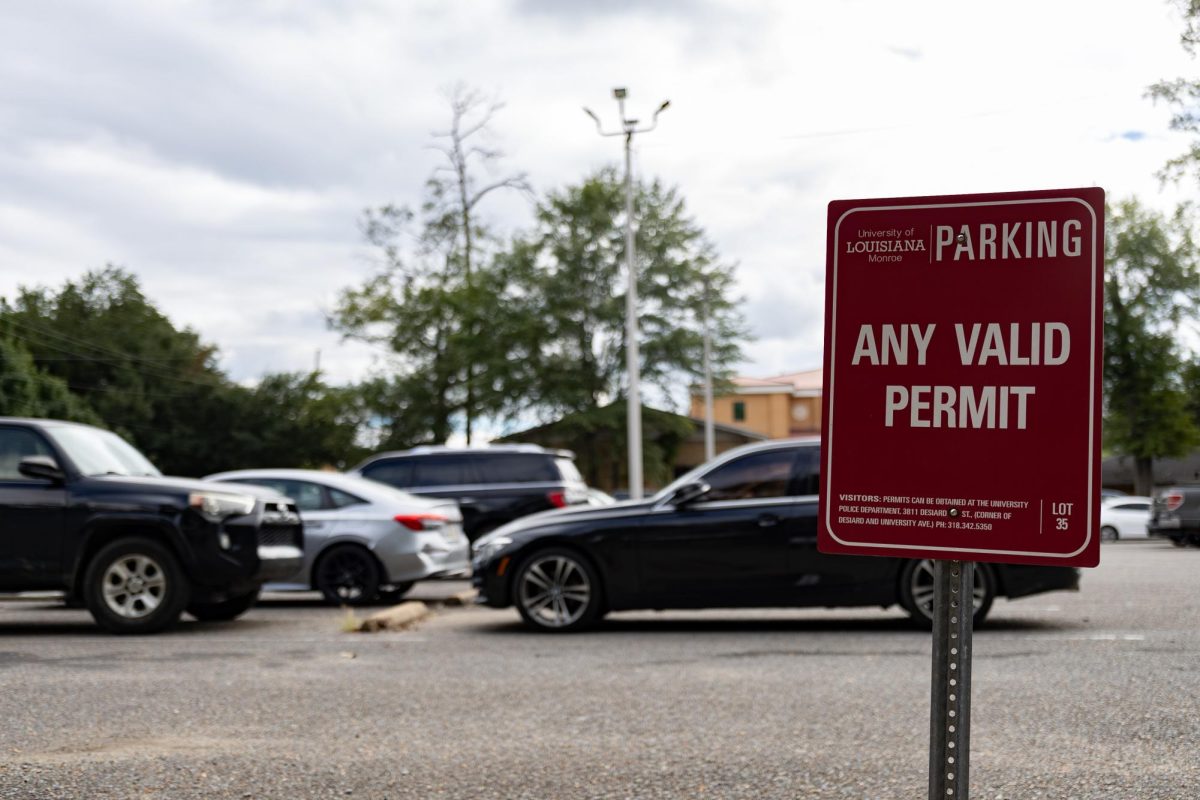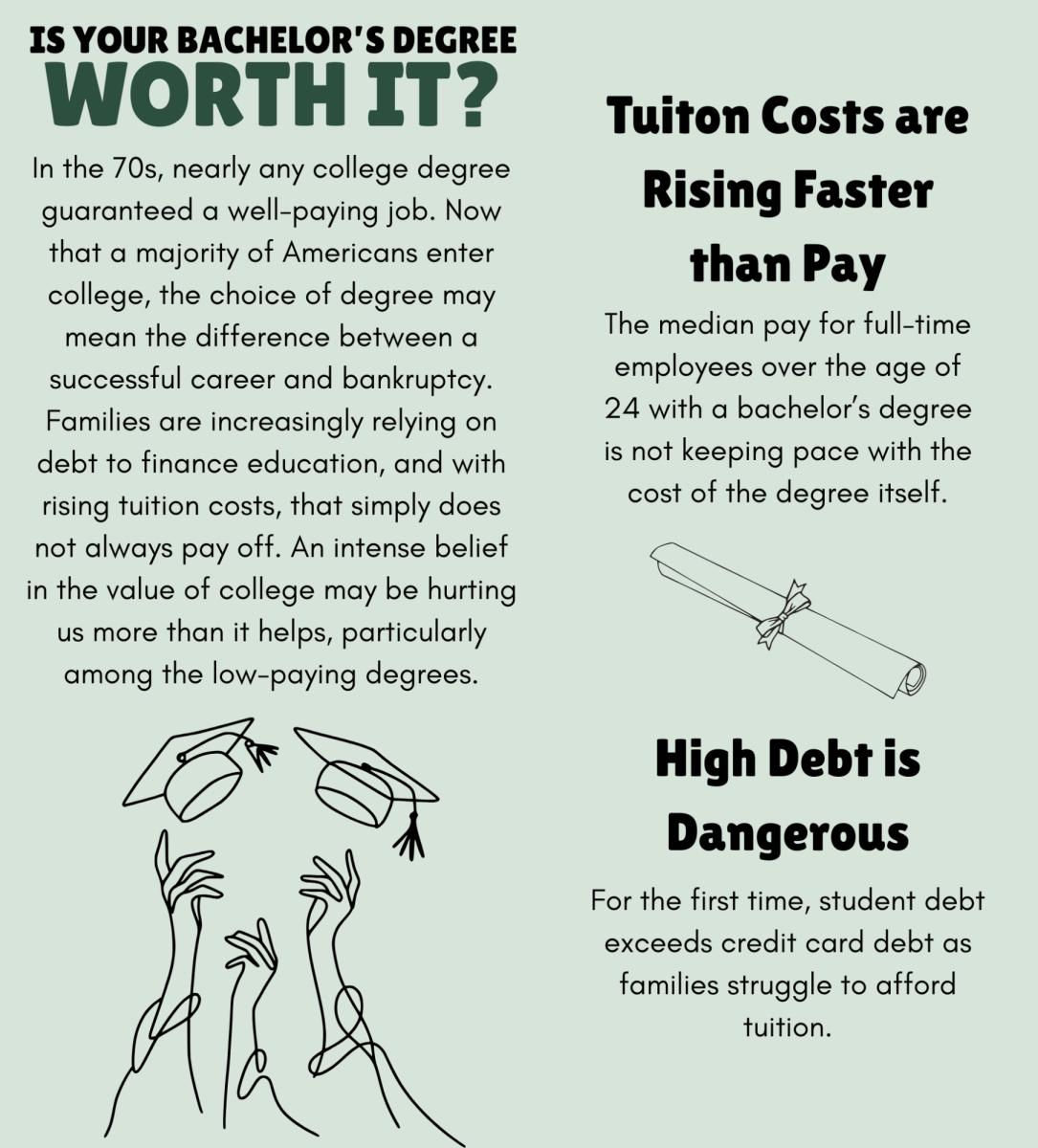This Saturday, Louisianians go to the polls to elect a new governor, legislature and a slew of other positions, which makes this the perfect time to talk about how much we need electoral reform at every level in this country.
And I don’t just mean abolishing the Electoral College, though that outdated institution needs to go.
Rather, I think we should abandon First Past the Post (FPTP), or “winner take all” elections. These are the elections where the person with the most votes wins, which sounds democratic until you realize that the candidate a majority of the voters did not vote for can win.
This is how spoiler candidates impact elections, denying someone else a majority, hence the hoopla over Trump’s “loyalty oath.” And this the reason FPTP always leads to a two-party system, which limits the voices and ideas present in a form of government that’s meant to foster ideas, encourage discourse and allow citizens to govern themselves.
For example, in the most recent Indian national elections, the now governing Bharatiya Janata Party (BJP) won just over 30 percent of the vote, but ended up winning over a clear majority in the national parliament.
Luckily, there are alternatives which are far fairer and allow for greater participation.
One such system is the Alternative Vote (AV), or “instant run-off voting.” Under AV, voters rank candidates by preference, and if their first preference vote fails to get more than 50 percent of the vote, then their vote goes to their second choice, and on and on, until one candidate gets more than half of the vote.
Granted, this system is far from ideal as well, but it manages to do away with the spoiler effect, which makes it far better than FPTP.
Then there’s the loads of proportional systems, which seek to make legislatures match up as close as possible to what voters want. For example, if Party A got 40 percent of the vote, then they would get as close to 40 percent of the seats in the legislature as possible.
This allows for a greater range of views in our law making bodies, and typically forces compromise if no party has a majority.
Personally, I prefer a Mixed Member Proportional (MMP) system, which strives to mix proportional representation with FPTP or AV, allowing for local representation alongside party representation, such as is the case in Scotland and Japan.
All of this is kind of complicated, and yet it’s also just the tip of the iceberg when it comes to fairer, more democratic and ultimately better elections. I do not wish to discourage anybody from voting, after all the system more or less works–it could simply work better.
I feel it’s important to think about the way we elect our officials, because it is far from ideal, and there are far better alternatives to consider.





